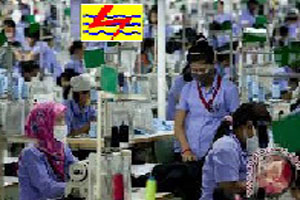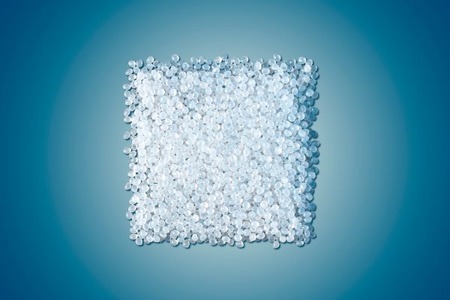
Indonesian textiles and PLN row over power price cut
YarnsandFibers News Bureau 2016-02-19 16:00:00 – JakartaThe Indonesian government has introduced a third stimulus package stipulates that industrial activities get electricity price cuts from 11 p.m. to 8 a.m. However, the textile industry and the state electricity company PLN, which supplies the power, interpret the stipulation differently.
Based on PLN’s understanding, the price cut will only be given to companies consuming more than they usually do every day. The textile industry, meanwhile, says the price cut should be given to industrial activities during the specified timeframe regardless of the amount of their power consumption.
Indonesian Textile Association (API) chairman Ade Sudrajat said on Thursday his group praised the 10 stimulus packages issued by the government, but he added that they needed to be better implemented.
He said that the stimulus packages are a response to their concerns and it has provided certainty for business. However, the implementation can still be improved. He added that the group particularly highlights implementation of the stimulus packages that mainly have to do with electricity price cuts, gas price reductions and income tax incentives.
Ade said that they had been asking for a further discussion with PLN, the Finance Ministry and the Office of the Economic Coordinating Minister on the matter. His association has also requested lower gas prices for the textile industry.
He quoted that the government reduced gas prices for the textile industry from US$12 per million British thermal unit (mbbtu) to $9 per mbbtu, in the government’s seventh stimulus package, while in fact oil exported to Singapore is priced at $3.70 per mbbtu.
The textile industry players want effective implementation of economic stimulus packages to improve competitiveness as the country is moving toward free trade agreements with several countries.
Benny Soetrisno, chairman of the API’s board of advisors, welcomed the economic packages as they provide more business certainty. He said, however, a relatively high production cost — because of electricity and gas prices — has made local products less competitive.
The API’s data show that Indonesia’s textile industry had benefited from a free trade agreement with Japan.
Exports of Indonesia’s textiles and textile products surged from only $572.4 million in 2008, when the Indonesia-Japan economic partnership was first implemented, to $1.4 billion in 2014, according to the API’s data.
Indonesia’s worldwide exports, meanwhile, only increased a little from $8.6 billion in 2005 to $12.7 billion in 2014, with exports to major markets in the US and Europe having slightly increased throughout the years.
Vietnam enjoyed surging exports worldwide from $5.3 billion in 2005 to $26.2 billion in 2014. Vietnam has a trade deal with the EU and it is now in the process of ratifying the TPP along with another 11 signatories.
In addition, Benny said Indonesia’s trade deal with the European Union under the Indonesia-EU Comprehensive Economic Partnership Agreement (CEPA) and participation in the US-led Trans-Pacific Partnership (TPP) would help boost exports of its textiles and textile products.
He added that they are ready to join the TPP, as the textile industry views. However, the government should also make sure that other sectors, such as services, are well prepared.
Market Intelligence
Ask for free sample Report

experience
Customer Base
dedicated team
Countries Served Worldwide









